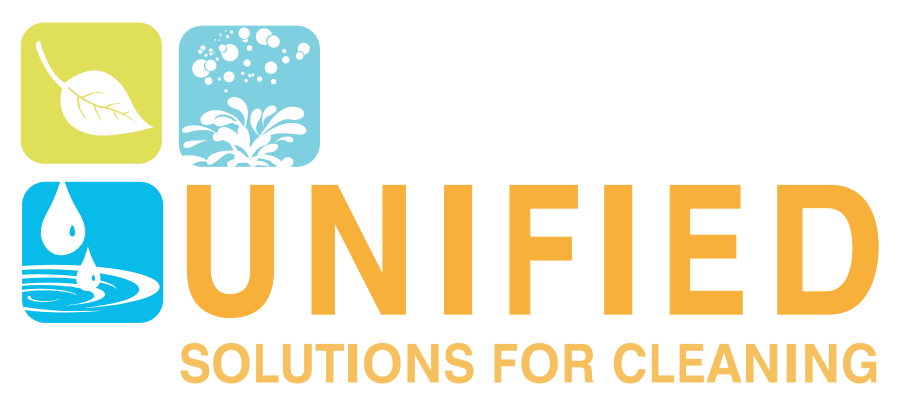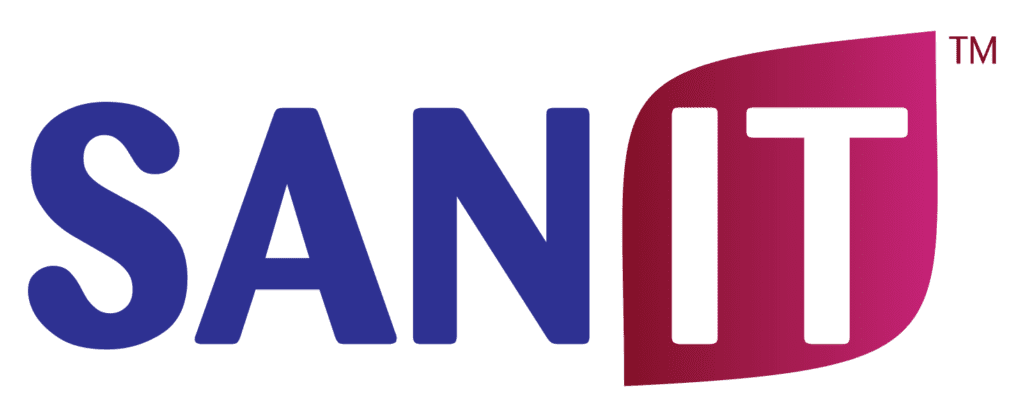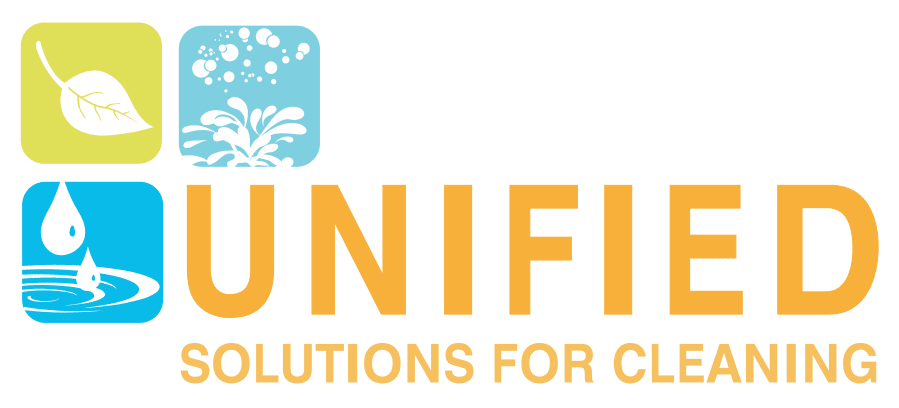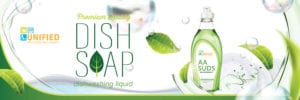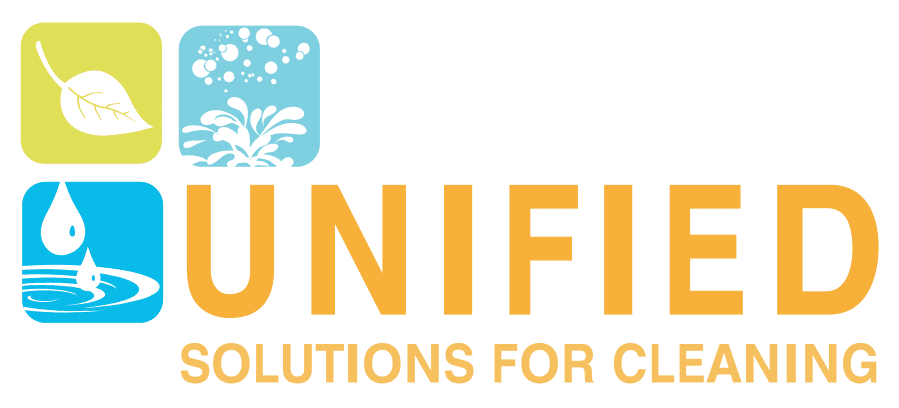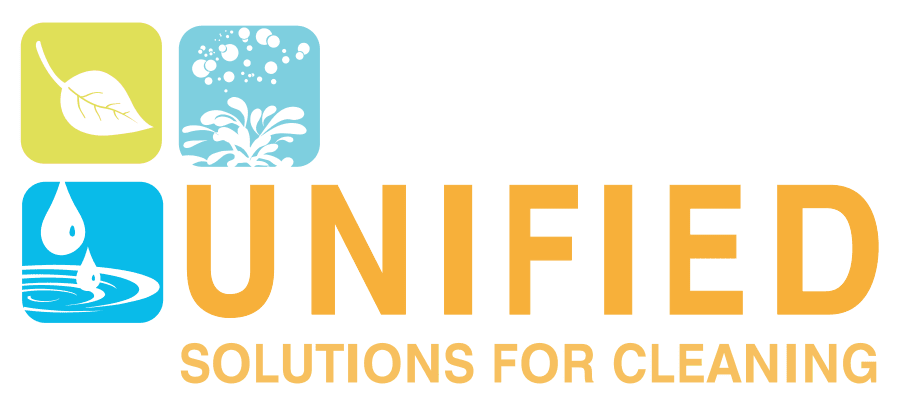Multi-Purpose Cleaners vs Dedicated Cleaners
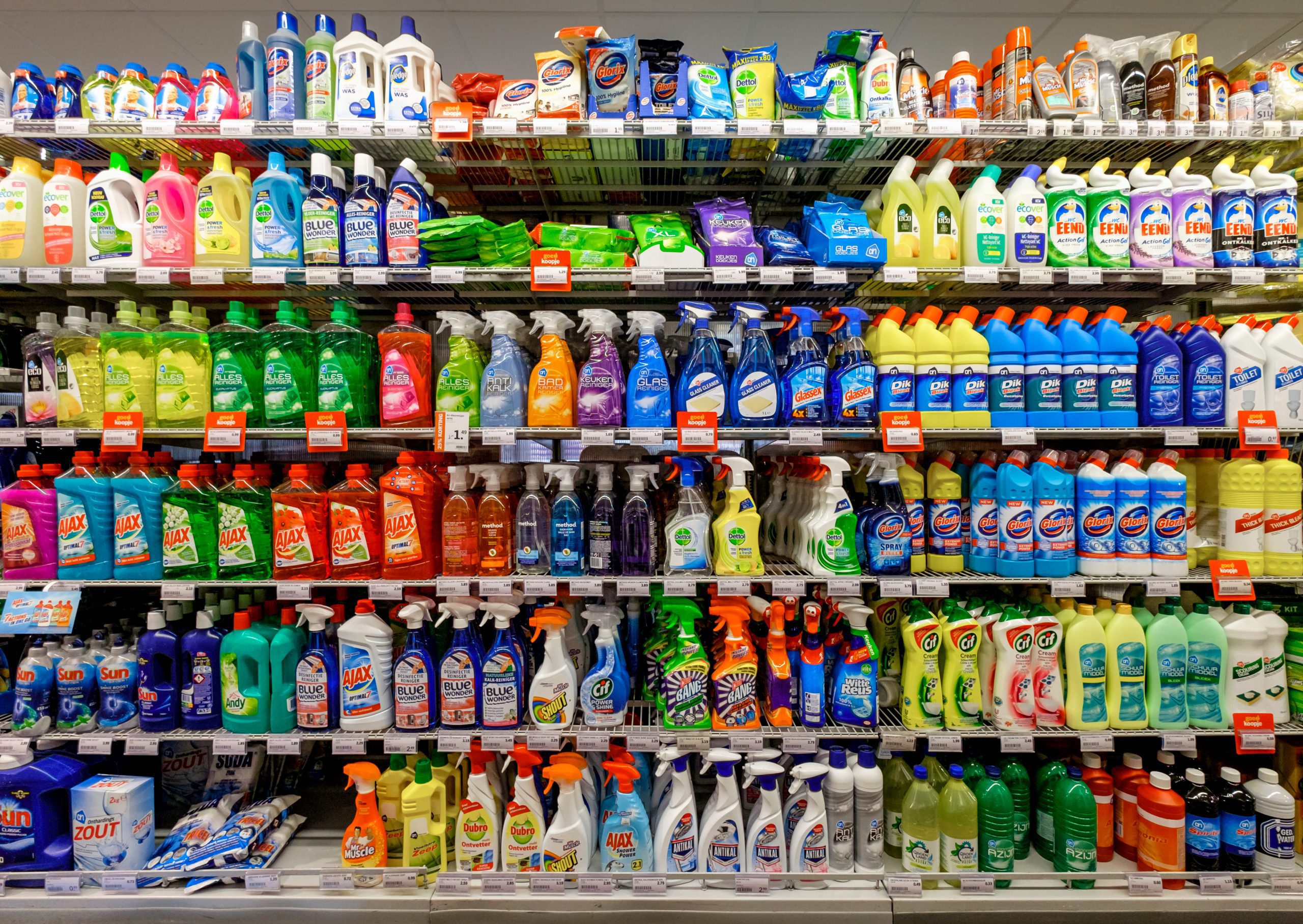
The Technical . . .
The average household contains laminate floors, granite countertops, stainless steel fridges, glass mirrors and windows, tile walls, and hardwood flooring. The many surfaces to clean could bring those needing to polish, dust, and shine much head-spinning — were it not for the miracle of the multi-purpose cleaner. A multi-purpose cleaner, technically speaking, is composed of anionic and nonionic surfactants, polymeric phosphates or other sequestering agents, solvents, hydrotropic substances, polymeric compounds, corrosion inhibitors, skin-protective agents, and at times fragrances and colorants.
. . . Simplifying The Technical
All technical components aside, multi-purpose cleaners can be a disinfectant, detergent, degreaser, a solvent, or be a combination of any of these types of cleaning solutions. Generally, such a cleaning solution effectively wipes surface fingerprints, stains, and surface grit or grime from various surfaces. Multi-purpose cleaners are not, however, always the best choice to use when wanting to clean grandma’s antique coffee table or marble top table. Multi-purpose is not always multi-purpose. To avoid head-spinning, keep the label and the cleaning solution ingredients in mind. Some cleaning components are corrosive, some are abrasive, and some are acidic. Cleaners containing glycol ethers and fatty alcohols can remove oils and paint from surfaces. Cleaning solutions containing quaternary ammonium compounds, phenol derivatives, pine oil, aldehydes, and aldehyde-amine condensation products would be cleaners that disinfect surfaces. The gentlest of multi-purpose cleaning solutions are surfactants that bring about soapy bubbles and contain water softeners, such as sodium triphosphate, along with sweet-smelling fragrances. They have a dilute solution with a neutral pH level of between 6 through 8 and are safe on most surfaces for a quick wipe of dust, dirt, fingerprints, or light stains.
What Are Dedicated Cleaners?
There are special-purpose cleaners, otherwise called dedicated cleaners, for those cleaning jobs requiring eliminating tough stains, grease, and grime.
Dedicated cleaning solutions contain:
- Enzymes that make it easier to break down deep-set stains from surfaces. All types of chemical enzymes belong to a class of compounds called proteins.
- Solvents to dissolve grease and oil.
- Germ-killing disinfectants.
Dedicated cleaners use substances known as pH adjusters to ensure the effectiveness of the cleaning product does not bring adverse skin conditions. However, it is always advisable to wear protective gloves, protective eyewear, and protective clothing.
With such dedicated cleaners as oven cleaners, bathroom cleaners for toilets, tubs, and tile, floor strippers, glass cleaners, carpet care products, pet cleaning products, floor finishers, laundry cleaners, or manual dishwashing soaps, the cleaners are dedicated to preserving the integrity of the type of surface, fabric, or object to be cleaned. For example, acidic cleaners would not be good on hardwood floors, nor would cleaners containing abrasives do well for glass mirrors, tabletops, or windows. The use of such cleaners also requires less scrubbing, sweating, or head-spinning regarding cleaning results!
When To Use Dedicated Cleaners?
Ovens: Those baked-on grease and oil splatters from foods cooked in the oven need more than what a multi-purpose cleaner can offer. Oven cleaners are alkaline solutions with a pH ranging from 11 to 13. Alkalis are effective in cutting through the baked-on or built-up grease and gunk of ovens. Higher pH levels of at least 14 are needed for severe grease build-up. These solutions may contain caustic soda, aka sodium hydroxide, which is highly toxic and requires adequate ventilation.
Toilet Bowls: To effectively clean the toilet requires removing stains and disinfecting the toilet of germs. Hydrochloric acid removes stains, and chlorine bleach is a whitening and disinfecting agent to kill and prevent the spread of germs and viruses. Follow instructions very carefully and use protective gloves and eye protection with adequate ventilation. Multi-purpose cleaning solutions may be enough to clean and disinfect the bathroom ‘porcelain throne’; however, a dedicated cleaner will be necessary if hard water causes limescale, rust, and minerals that stain the porcelain surface.
Tub, Tile, Showers: Cleaning the soap scum from bathroom tub and tile and keeping showers free of mold and mildew sometimes requires a dedicated cleaner specifically formulated to clean porcelain and the unique ceramic, vinyl, or natural stone tile found in shower stalls. Traditional bathroom dedicated cleaners will have grime and stain-lifting chemicals such as bleach, ammonia, or ammonium chloride. Such cleaners should also have antibacterial ingredients that kill at least 95% of germs.
Glass Mirrors, Tabletops, & Windows: Consider the specially formulated ammonia-free glass cleaners for a truly streak-free glass shine. With ammonia glass cleaners, the ammonia evaporates quickly and does not leave a residue that attracts dust and dirt. However, if using such cleaners in direct sunlight, the ammonia will dry before the evaporation process begins, and streaks will appear that bring sun glare. Ammonia-free glass cleaners contain vinegar, alcohol, and special surfactants that cut through grease and grime.
Carpet Cleaners: Carpet cleaners for the high traffic areas found in offices, or heavily stained carpets, may require more robust cleaning solutions known as maintenance cleaners. Such carpet maintenance cleaners contain hydroxyacetic acid, butoxyethanol, monohexylether, alcohol, bleaches, and enzymes. Carpets that are well maintained should need nothing more than a product containing water, surfactants, fragrance, and peroxide.
To summarize today’s blog: for everything there is a reason for choosing either a multi-purpose or dedicated cleaner. Unified Solutions For Cleaning certified chemists will diligently provide guide to the correct use of the surfactants, solvents, alkalis, acids, polymeric phosphates, ammonium compounds, and so many cleaning chemicals used in the manufacturing of cleaning products. We offer private labeling, contract packaging, toll manufacturing, and custom formulation services. Cleaning supply distributors should contact us regarding our extensive product formulas already FDA registered and licensed and ready to be marketed.
